Looking for NAHEC? Welcome to Our New Home.
We've rebranded! Northern Arizona Area Health Education Center (NAHEC) is now Colorado Plateau Center for Health Professions. Learn more.

The NARBHA Institute Family & Community Medicine Program provides physicians with the training, skills, and cultural humility they need to establish a successful and sustainable practice in northern Arizona.
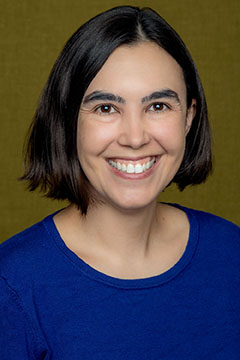
Director's Welcome
Welcome to the Family & Community Medicine Residency Program at North Country HealthCare! On behalf of our talented and diverse group of providers, administrative and clinical staff, and our governing board, I am excited to introduce you to our new program, based in Flagstaff, Arizona. Family physicians provide the majority of care for America’s underserved and rural populations, and our primary goal in establishing this training program is to graduate exceptional family physicians who will increase the primary care workforce in northern Arizona.
Living in Flagstaff, AZ
Located about two hours north of Phoenix, one hour from the Grand Canyon and 35 minutes from Sedona, Flagstaff is a great location for those that enjoy living an active lifestyle, dining at local restaurants, shops and breweries, a thriving art community, and a historic downtown.












Living in Flagstaff, AZ
Located about two hours north of Phoenix, one hour from the Grand Canyon and 35 minutes from Sedona, Flagstaff is a great location for those that enjoy living an active lifestyle, dining at local restaurants, shops and breweries, a thriving art community, and a historic downtown.












Family Medicine

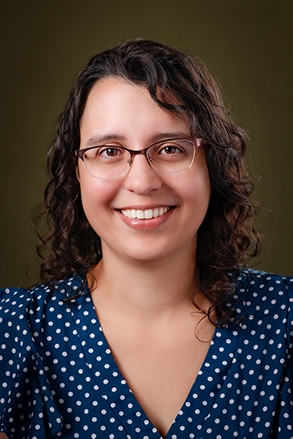
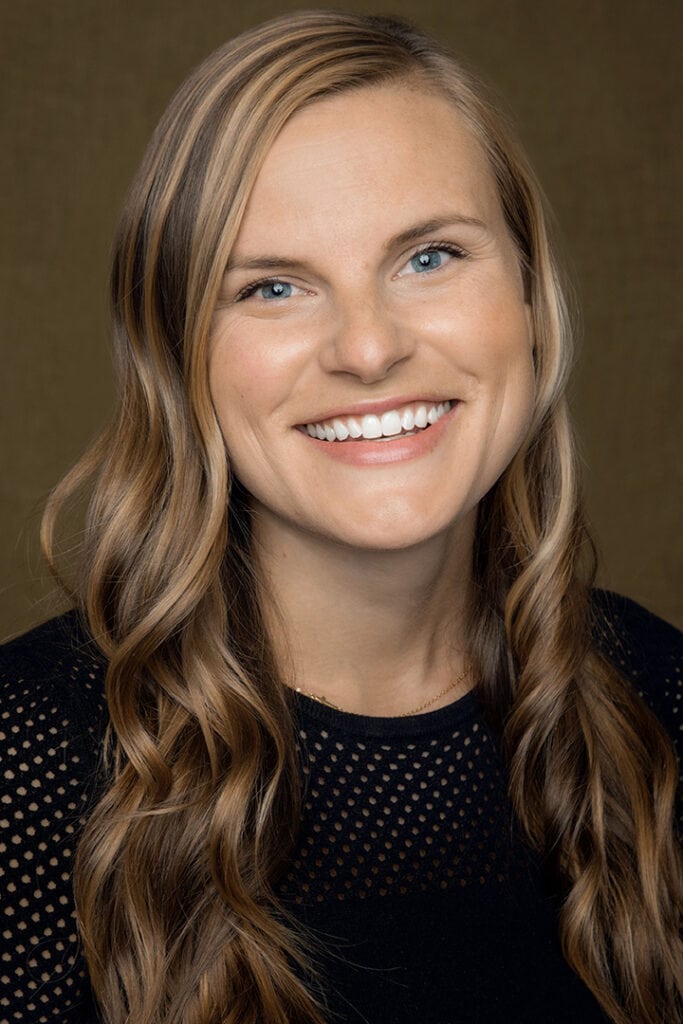

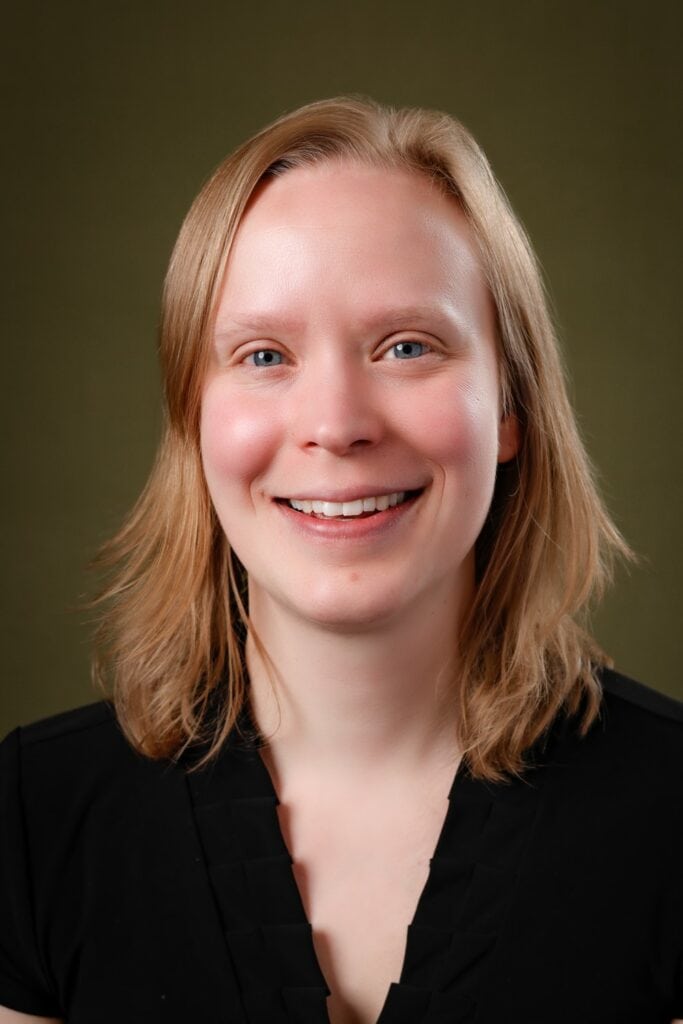
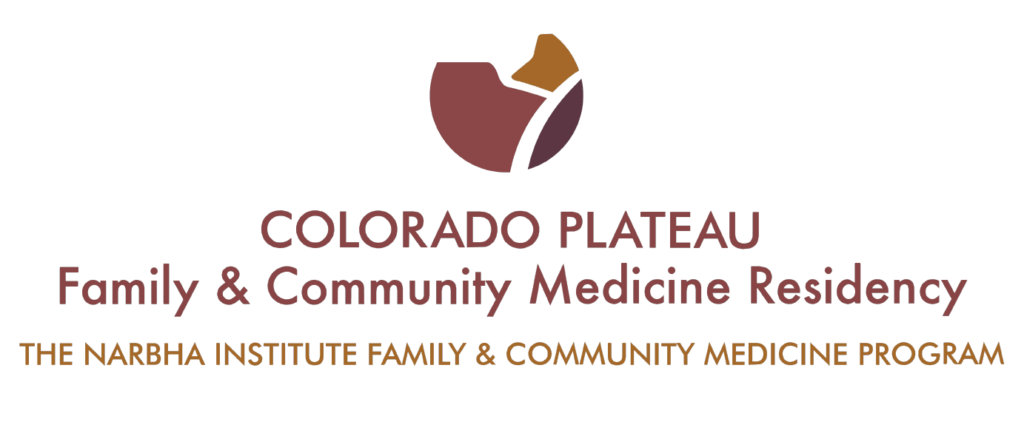
For the Community
A residency program belongs to the community; it’s an investment in the community’s future. We have established key partnerships and affiliations throughout Arizona to set this program up for success. Planning and development support was provided by the Arizona AHEC Program, totaling $1.2 million. The NARBHA Institute has provided $3 million over five years to support the residency program, and the Arizona legislature appropriated $750,000 in 2019 to support the program. The family medicine residency, officially called The NARBHA Institute Family & Community Medicine Program, launched July 2020.


2920 N. 4th Street
Flagstaff, AZ 86004



